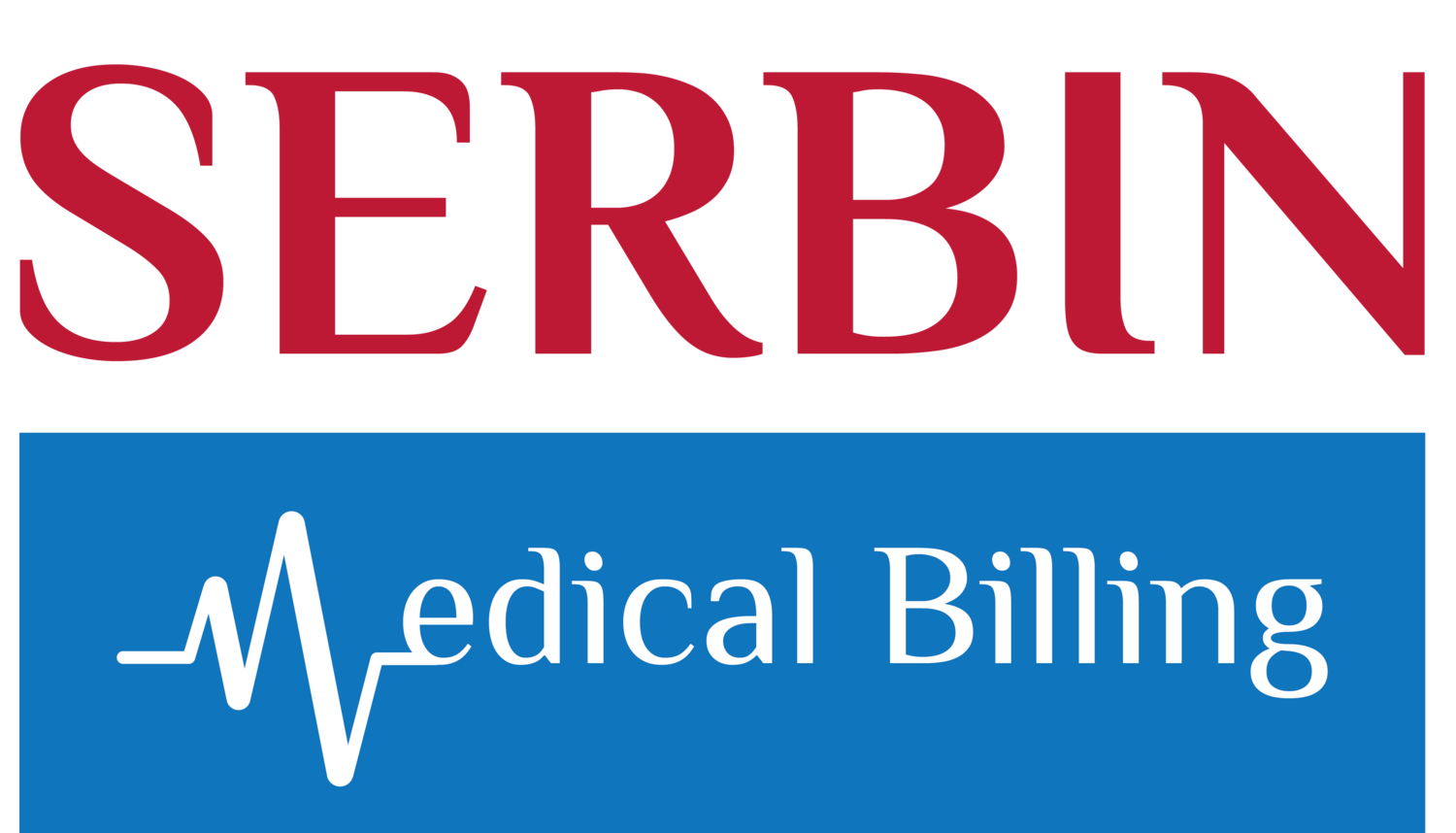How Payer Clinical Guidelines Can Help Improve ASC Reimbursement
By Caryl Serbin, RN, BSN, LHRM
Does your ambulatory surgery center frequently write off procedures that payers categorize as non-covered*? Does your collector waste valuable hours writing appeal letters that are continually denied, with payers citing that the procedure should not have been performed?
The following describes the main areas of the ASC revenue cycle where such errors occur and best practices to reduce or eliminate the resulting reduction in your center's revenue stream.
1. Scheduling
Denied claims for non-covered procedures are often tied back to the scheduler. If this is the point of origin for the denied claim, the first step is to ensure the scheduler has a list of ambulatory surgery center-approved CPT codes and references this list when scheduling a procedure. In addition, provide the scheduler with payers' lists of CPT codes requiring authorization. Sometimes the payer may not require provider authorization but requires one for the facility.
Note: As with all reference material, it is imperative that CPT code lists are updated regularly. Most payers update their lists annually, but some schedule their updates quarterly.
But what if the denied procedure is a CPT code that is listed as approved for an ASC? To discover why the payer is not allowing payment, review that payer's clinical guidelines, usually included in your contract or accessible on the payer's website.
The scheduler should also be able to access these payer clinical guidelines when scheduling a procedure in order to obtain the relevant information from the provider's office. See the following example:
Example 1: CPT 29881 (Arthroscopy, knee, surgical; with meniscectomy ) – payer: Aetna
Per Aetna clinical guidelines: This procedure is ONLY considered medically necessary for traumatic injury (within 6 months). It is not considered medically necessary if done for degenerative tears.
Even though CPT 29881 is on the fee schedule as an approved-to-pay procedure, you still need to know if the patient qualifies per the carrier's guidelines.
When scheduling this CPT (procedure), the scheduler should ask the provider's office for the diagnosis and, if it is an injury, request the type and date of the injury.
2. Operative note
Another area to investigate when ASC-approved CPTs are denied as non-covered is the provider's operative note. Did the physician provide information about the injury? Explicit operative notes are key to optimal payment. Provider's often fail to fully explain the reasons for the procedure in their dictation. Provider education is important for appropriate reimbursement.
Education of the physician's office scheduler and the physician includes providing them with a copy of the payer's clinical guidelines before scheduling or performing specific procedures. If the surgeon, the surgeon's scheduler, and the center's scheduler all fail in recognizing specific payer requirements, then your center will be forced to write off the full amount of the procedure as not medically necessary. Your center's collectors will often spend wasted hours writing appeals that will never be paid before discovering that the procedure should not have been performed as it did not meet the payer's criteria.
The following example depicts a commonly performed otolaryngology procedure (CPT 30820) which is approved to be performed in an ambulatory surgery center. However, Medicaid clinical guidelines demonstrate another instance of the specificity of requirements by a particular payer.
Example 2: CPT 30802 (Ablation, soft tissue of inferior turbinates) – payer: Medicaid
Per Medicaid guidelines, this CPT is not considered medically necessary if snoring, obstructive sleep apnea, or other sleep-related issues are used as a diagnosis code.
Medicaid will provide you with approved diagnosis codes that support medical necessity in its guidelines.
When scheduling this CPT, the scheduler should ask the provider's office for the diagnosis code and then check to see if it is an approved code for that specific CPT and the specific payer before scheduling it to be performed in your ambulatory surgery center.
In addition to providing payers' clinical guidelines to providers' offices, some ASCs have posted frequently used CPT codes and their requirements at the center's dictation station for quick reference by the provider.
Appropriate research of payer clinical guidelines and education of providers and scheduling personnel can save your surgery center time and money. Writing off a "non-covered" procedure (payer and patient amounts) can have a devastating effect on your bottom line, especially if it occurs frequently.
*For purposes of this article, "non-covered" also includes denials listed as not medically necessary/experimental or investigational.


